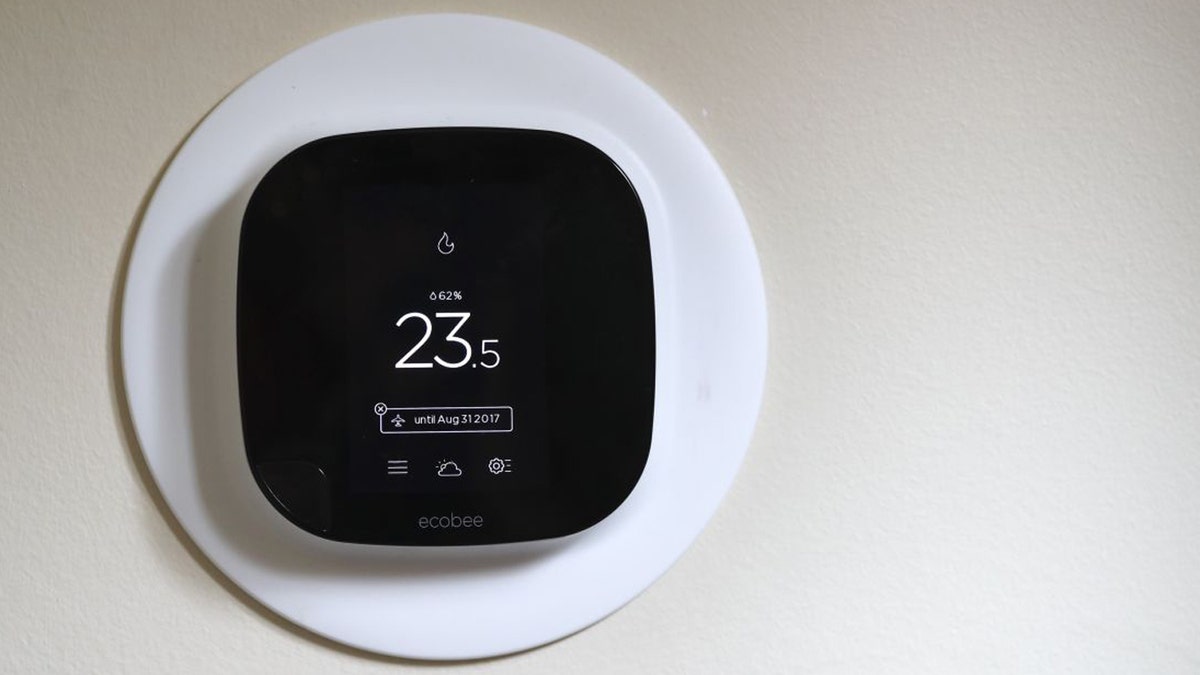
Amazon joined a $61 million funding round into smart thermostat maker ecobee Inc. last March. (Getty Images)
Alphabet Inc.’s Google and Amazon.com Inc. are taking early steps to expand into the electricity business, as home-energy automation emerges as a rich new source of customer data.
The technology giants aren’t interested in selling megawatts—at least not for now. But they are seeking ways to expand their smart speakers, Internet-connected thermostats and other devices to harness information on consumers’ personal energy use. That data holds great power; it can be used to manage energy demand by incentivizing consumers to use less electricity during peak hours.
While the energy ambitions of tech companies are currently limited, some executives anticipate a future where solar panels, battery storage and even electric vehicles all become part of a smart-home ecosystem. Under that scenario, any company that controls the software and systems that deliver energy could gain a formidable market position, according to executives and consultants.
JEFF BEZOS GIVES A PITIFUL AMOUNT OF HIS $160B FORTUNE TO CHARITY
“In 10 or 20 years, the dominant retail electric provider in the United States is going to be Amazon or Google,” said David Crane, the former chief executive of NRG Energy Inc., who said he isn’t involved in discussions with the companies. “They can provide lower cost and better service.”
Home-energy management is a battleground in a competition between Google and Amazon for internet-connected devices that has intensified in recent years after both companies saw smart speakers take off in popularity. Google bought Nest Labs, a maker of home-security cameras and thermostats, for $3.2 billion in 2014. Last year, Amazon bought Ring, a maker of video doorbells, in a deal valued at more than $1 billion. In March, Amazon joined a $61 million investment funding round into smart thermostat maker ecobee Inc.
Consulting firm Wood Mackenzie estimated that spending on home-energy devices exceeded $40 billion in 2018 and is set to double in the next five years.
Google, in a push for wider adoption of its connected devices, has struck partnerships with utilities and power providers in the U.K. and the Netherlands, as well as in Illinois, California and Texas. Google has a deal with Reliant Energy, a Texas electricity provider owned by NRG.
Click here to read more of this story at The Wall Street Journal, where it was first published.
